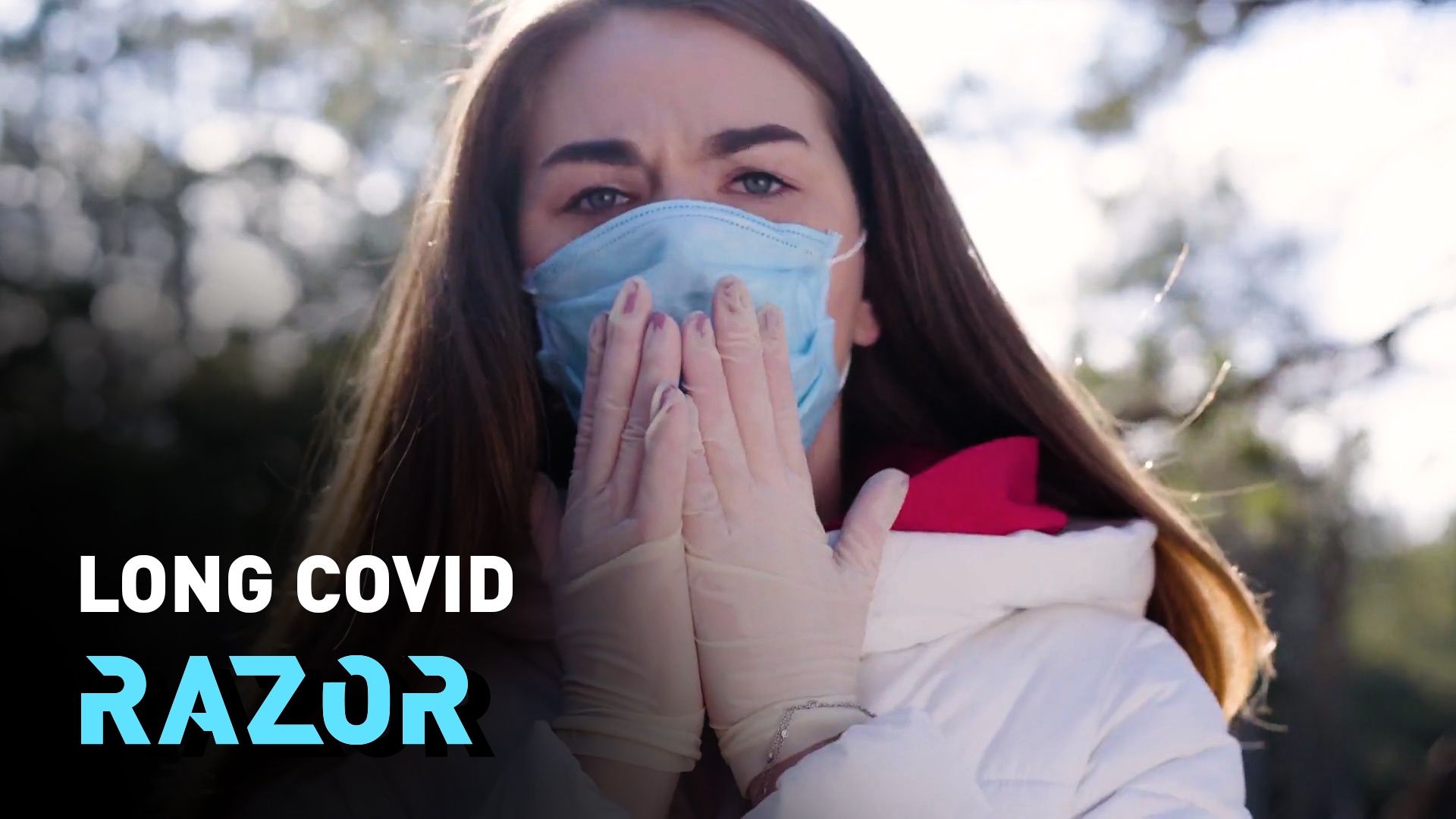
More than a million Britons in private households reported having long COVID-19 in a four-week period. /Kirsty Wigglesworth/AP
More than a million Britons in private households reported having long COVID-19 in a four-week period. /Kirsty Wigglesworth/AP
An estimated 1.1 million people in the UK reported experiencing Long COVID-19 over the four-week period ending March 6, 2021, according to a survey released on Thursday by the Office for National Statistics (ONS).
Survey figures showed that of people with Long COVID-19, 697,000 had (or suspected they had) the virus at least three months previously, while 70,000 first had (or suspected they had) it at least one year previously.
READ MORE:
Who is most likely to suffer Long COVID-19?
'World's first' animal COVID-19 vaccine
China exports half its vaccine production
Long COVID-19 refers to persisting symptoms more than four weeks after the first suspected coronavirus infection which are not explained by other causes, including, but not limited to, fatigue, muscle pain and difficulty concentrating.
The ONS said its analysis related to self-reported Long COVID-19, as experienced by study participants, rather than clinically diagnosed ongoing symptomatic COVID-19 or post-COVID-19 syndrome.
READ MORE: Europe struggles with long COVID-19
Of the more than one million people experiencing the self-reported Long COVID-19 symptoms, 674,000 said it was adversely affecting their day-to-day activities, while 196,000 individuals said their ability to undertake day-to-day activities had been limited a lot.
According to the survey, those aged 35-59, females, those living in the most deprived areas, those working in health or social care and those with a pre-existing, activity-limiting health condition, had the highest rates of self-reported COVID-19.
13:46

Among a sample of more than 20,000 study participants who tested positive for COVID-19 between April 26, 2020 and March 6, 2021, the ONS found 13.7 percent continued to experience symptoms for at least 12 weeks. This was eight times higher than in a control group of participants, who were unlikely to have had COVID-19.
Symptom prevalence among these participants three months post-infection was higher for female participants, at 14.7 percent, than male participants, at 12.7 percent, and was highest among those aged 25-34, at 18.2 percent. But the ONS did not directly link these patterns to susceptibility to experiencing Long COVID-19 following infection.
READ MORE: Should you worry about Long COVID-19?
"People who tested positive for COVID-19 are around eight times more likely to suffer prolonged symptoms than observed in the general population," Ben Humberstone, head of health analysis and life events at the ONS, said.
A separate study published on Thursday by Public Health England in the British Medical Journal found that only half of the people in the UK with COVID-19 symptoms self-isolate, raising concern among local authority leaders.
The research revealed that only one in five people requests a COVID-19 test if they have symptoms.

